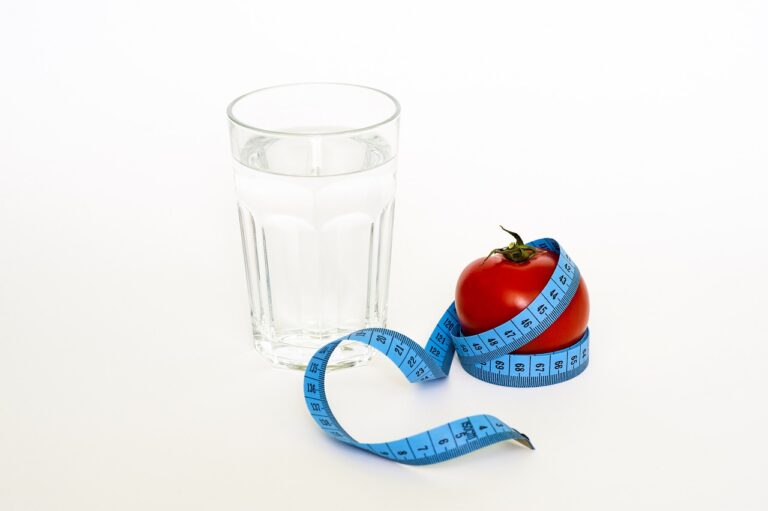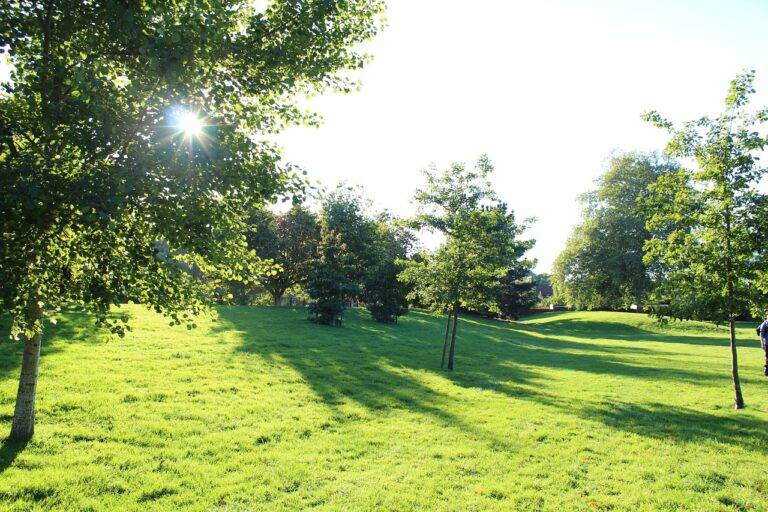Herbal Remedies from the Garden: Natural Healing Plants: Allpaanel mahadev book, Mahadev book login id and password, Online cricket id
allpaanel mahadev book, mahadev book login id and password, online cricket id: Herbal remedies have been used for centuries to treat various ailments and promote overall health and well-being. Many of these natural healing plants can be easily grown in your own garden, providing you with a convenient and sustainable source of medicine. Let’s take a closer look at some of these herbal remedies that you can cultivate right in your backyard.
1. Lavender
Lavender is known for its calming and relaxing properties. It can be used to alleviate stress, anxiety, and insomnia. Simply pick a few sprigs of lavender and place them in a sachet under your pillow for a restful night’s sleep.
2. Peppermint
Peppermint is excellent for soothing digestive issues such as indigestion, bloating, and gas. You can make a cup of peppermint tea by steeping fresh peppermint leaves in hot water. This tea can also help relieve headaches and sinus congestion.
3. Chamomile
Chamomile is another soothing herb that is great for promoting relaxation and reducing inflammation. It can be used in teas or as a topical ointment for skin conditions such as eczema and psoriasis.
4. Echinacea
Echinacea is well-known for its immune-boosting properties. It can help prevent and shorten the duration of colds and flu. You can make a tincture or tea using echinacea roots and leaves.
5. Aloe Vera
Aloe vera is a versatile plant that is commonly used to treat sunburns and minor cuts and scrapes. Simply break off a leaf and apply the gel directly to the affected area for soothing relief.
6. Rosemary
Rosemary is not only a flavorful herb for cooking but also has medicinal properties. It can help improve memory and cognition and aid in digestion. You can infuse rosemary in oil for a homemade hair tonic that promotes hair growth.
7. Garlic
Garlic is a powerful natural antibiotic that can help fight infections and boost the immune system. It can be used in cooking or taken as a supplement to reap its health benefits.
8. Ginger
Ginger is well-known for its anti-nausea properties and can help alleviate digestive issues. You can make ginger tea by steeping fresh ginger slices in hot water or add it to your favorite stir-fry dish for a flavorful kick.
9. Calendula
Calendula is a soothing herb that is excellent for promoting skin health. It can be used in lotions, salves, and creams to help heal wounds, rashes, and bruises.
10. Turmeric
Turmeric is a potent anti-inflammatory herb that can help reduce pain and swelling. It can be used in cooking or taken as a supplement to support overall health and well-being.
In conclusion, cultivating herbal remedies in your garden can provide you with a sustainable and natural way to promote healing and wellness. By incorporating these plants into your daily routine, you can harness the power of Mother Nature to support your health.
FAQs:
1. Are herbal remedies safe to use?
Most herbal remedies are safe when used appropriately. However, it’s essential to do your research and consult with a healthcare professional before using any new herbal remedy, especially if you are pregnant, nursing, or taking medications.
2. Can I grow herbal remedies indoors?
Yes, many herbal remedies can be grown indoors if you have sufficient sunlight and space. Consider growing herbs such as mint, basil, and parsley on your windowsill or in a sunny spot in your home.
3. Where can I purchase herbal remedies if I don’t have a garden?
You can purchase herbal remedies in various forms, such as teas, tinctures, and capsules, from health food stores, natural pharmacies, and online retailers. Make sure to buy from reputable sources to ensure quality and efficacy.







